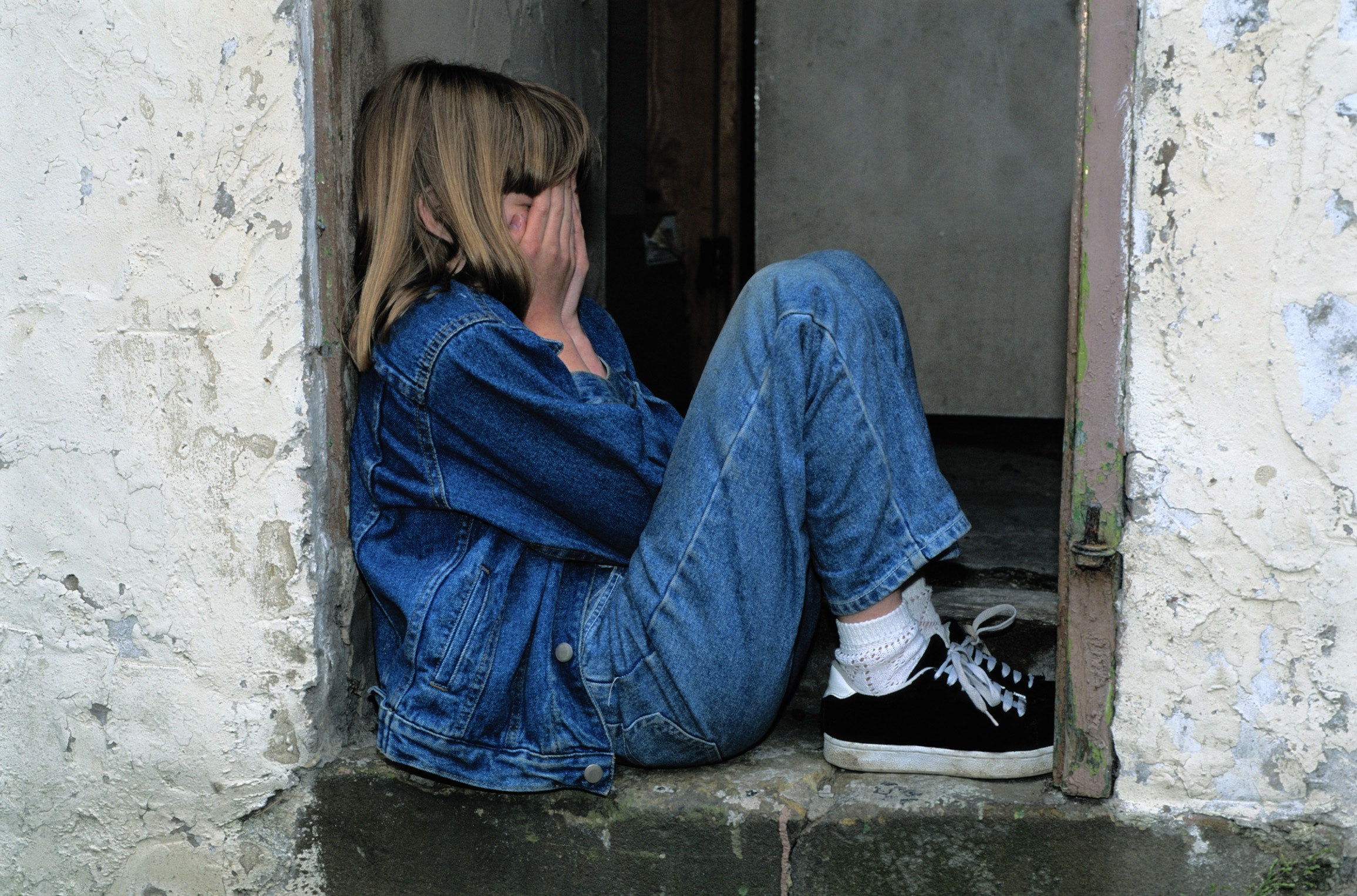Your youngster may be grieving the loss of a grandparent, sibling, parent, or pet. Caregivers may experience a range of feelings as they witness a child’s grief. There are situations when an outside opinion could prove useful. Grief therapy can help young people process their grief and move forward with their lives.
While the vast majority of kids will get over their loss without any lasting emotional scars, there are always exceptions.
Youth who continue to struggle following the death of a loved one may express profound emotional sorrow. They may have trouble focusing in class, show more behavioral issues, and have trouble making and maintaining friends.
Young people who are unable to cope with their grief may be more vulnerable to the emergence of psychological difficulties such despair, anxiety, and adjustment disorders.
When the loss is the result of especially trying circumstances, it might cause ongoing distress. In the event of an accident that claims the life of a loved one, the youngster who survives may feel an increased sense of shame, anxiety, and perplexity.
When a child loses a parent, sibling, or other close relative, they may feel an overwhelming sense of remorse. If a youngster loses their temper with an adult, they may blame themselves for the loss of the adult’s life. It’s also possible for a child to attribute unfavorable outcomes to their own actions.
A child’s healthy outlook can be fostered through grief counseling.
Counseling for the caregiver’s own loss may be helpful if she or he is having trouble coping. A woman who has lost her partner may find it difficult to be emotionally available to her child at this difficult time. Or, a grieving father may find it difficult to open up to his kids about the loss of a parent.
It’s not just younger kids who have trouble grasping death. Children have a hard time grasping the concept of death as final. And older kids may not know how to deal with their own feelings or worry that they may cause their loved ones pain.
Here are a few things counseling can do for children:
- Validate their feelings
- Help them process complex emotions, like anger, sadness, fear, and confusion
- Allow them to talk about their experience in a safe environment
- Help children learn how to honor their loss
- Provide support to family members and caregivers who want to help a grieving child
- Assist in adapting to the loss of a loved one
Children as young as preschool age often benefit from grief therapy. When it comes to dealing with their emotions, younger children are more prone to engage in activities and play, while older children may turn to verbal expression.
There are several different types of grief counseling for children, including:
- Meeting with other kids their age who have also suffered a loss might be helpful for kids going through a tough time. Children can learn specialized coping strategies from a professional while making art, listening to music, or doing a combination of these activities. Teens might gather with their friends to chat about their grief.
Children’s grief support groups are often available at no or low cost in many areas.
- Counseling appointments with kids may mostly involve them going in alone. Your child’s grief counselor will want to check in with you first to see how they’re doing, and then they may give your child some one-on-one time. Younger kids might like doing things like drawing, whereas older kids would probably rather just converse.
- In order to help everyone cope with the loss, family therapy may include inviting parents or siblings to sessions together. Typically, parents are also provided with psycho-education on how to comfort their mourning child.
Maybe your kid isn’t sure why she needs to see a therapist. Your child’s anxiety over meeting a new person can be mitigated if you explain it to them in a positive light.
Contrast bodily wounds with mental ones. Make a statement like, “At home, we have a system for dealing with scrapes like your knee. However, if the injury is serious, we would take you to the hospital to get it checked out.
Similarly, emotional wounds feel like a punch to the gut. If they’re minor, we can handle them ourselves; if they’re more serious, we need to consult a doctor.
Tell her that it’s natural to feel sad and angry after a loss, and that a grief counselor can teach her coping skills to deal with those feelings.

